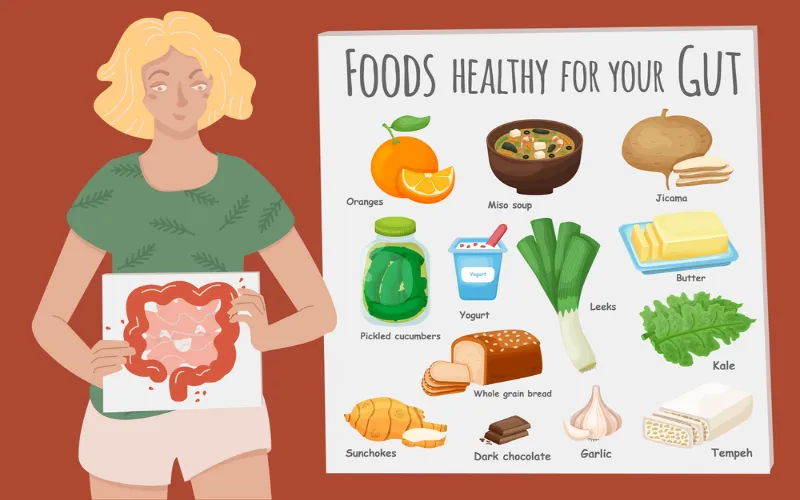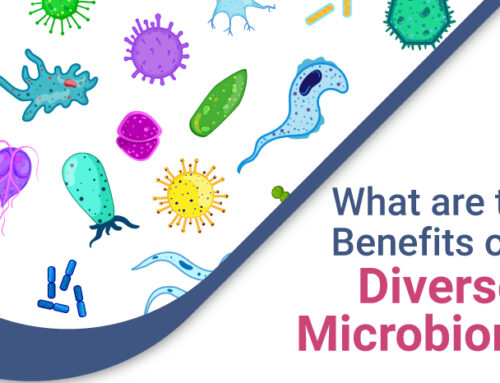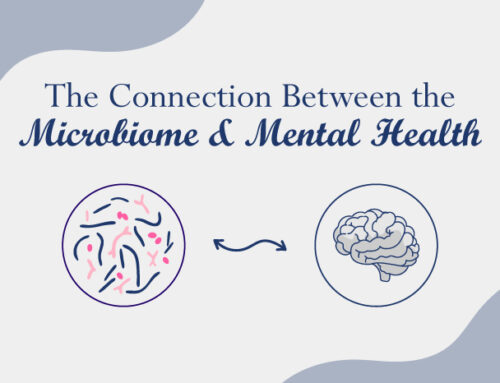Are you suffering from constant stomach discomfort, fatigue, and digestive issues? You’re not alone. Many individuals deal with celiac disease, a debilitating autoimmune disorder that affects the digestive process of the small intestine. The ingestion of gluten often triggers this. While genetics and immunological reactions are renowned culprits behind this condition, emerging research points towards another significant contributor: our gut’s microbiota. As our understanding of celiac disease pathophysiology deepens, the key to improved gut health might lie in balancing this microbiome. But how, you ask? Let’s dive into this topic to discover more.
The Role of Intestinal Microbiota in Celiac Disease Pathophysiology
The intestinal microbiota, often termed the body’s “second brain”, comprises a diverse and vast community of microorganisms that coexist within our gut. Recent studies have drawn fascinating connections between these microorganisms and the pathophysiology of celiac disease. Their roles are multifaceted, from influencing immune responses to modulating digestive health. Understanding the interplay between our gut microbiota and celiac disease could pave the way for innovative therapeutic interventions and offer insights into disease prevention.
Gut Microbiota: A Silent Influencer
Many are unaware of the profound influence of billions of microorganisms in our intestines on our overall health. They not only help in digestion but also play a pivotal role in immune function, metabolism, and even mood.
Dysbiosis: When Balance is Disturbed
Recent studies reveal that individuals with celiac disease often experience intestinal dysbiosis, an imbalance in the microbial composition. Certain genes linked to celiac disease seem to impact bacterial colonization within our digestive tracts.
How Celiac Disease Further Alters Microbiota
Celiac disease, an autoimmune disorder triggered by gluten ingestion, wreaks havoc on the small intestine’s lining and significantly impacts the delicate balance of the gut microbiota. This impact can be viewed as a cyclical process. The onset or exacerbation of celiac disease can disturb the gut’s microbial ecosystem, and in turn, this dysbiosis might contribute to the severity and manifestations of the disease.
The Gluten-Free Domino Effect
While a gluten-free diet is the primary treatment for celiac disease, it can inadvertently affect our microbiota composition. This specialized diet can reduce beneficial bacteria like Lactobacilli but, on the flip side, increase harmful ones like E. coli.
The Conundrum: Cause or Consequence?
The question remains: Does intestinal dysbiosis lead to celiac disease, or is it an aftermath? Current research aims to decipher this intricate relationship, as understanding the sequence can transform our approach toward treatment.
The Promise of Probiotics and Prebiotics
Although the final word on their efficacy is still out, probiotics and prebiotics offer a glimmer of hope for those battling celiac disease. They can potentially restore the microbial balance, offering a new avenue for treatment and prevention.
Microbiome-Directed Foods: A New Frontier
To improve gut health, microbiome-directed foods or MDFs are making their mark. These specialized foods nurture beneficial microbes, fortifying the gut’s defenses. Learn more about how they can be essential to your diet to improve gut health.

Conclusion
Celiac disease pathophysiology isn’t just a mere interplay of genetics and immune reactions. The gut microbiome is a significant player in this equation in its vast complexity. As researchers continue to unravel the mysteries of our internal ecosystem, it becomes evident that the key to managing celiac disease might be more holistic than previously thought. Embracing a well-balanced diet enriched with probiotics, prebiotics, and microbiome-directed foods could be our best bet in this ongoing battle for better health.
What is celiac disease pathophysiology?
Celiac disease pathophysiology involves the study of the mechanisms and processes behind celiac disease, an autoimmune disorder that affects the small intestine when gluten is consumed.
How does gut microbiota impact celiac disease?
Emerging research suggests that individuals with celiac disease often exhibit intestinal dysbiosis or microbial imbalance. This alteration in gut bacteria might influence the disease’s onset or exacerbation.
Can a gluten-free diet affect gut health?
Yes, while a gluten-free diet is essential for managing celiac disease, it can also alter the composition of the intestinal microbiota, sometimes reducing beneficial bacteria and increasing harmful ones.
Are probiotics and microbiome-directed foods beneficial for those with celiac disease?
Probiotics, prebiotics, and microbiome-directed foods potentially restore microbial balance. Although research is ongoing, they might play a role in treating and preventing celiac disease.
PASSOS, Maria do Carmo Friche, & MORAES-FILHO, Joaquim Prado. (2017). INTESTINAL MICROBIOTA IN DIGESTIVE DISEASES. Arquivos de Gastroenterologia, Epub July 06, 2017.https://dx.doi.org/10.1590/s0004-2803.201700000-31




